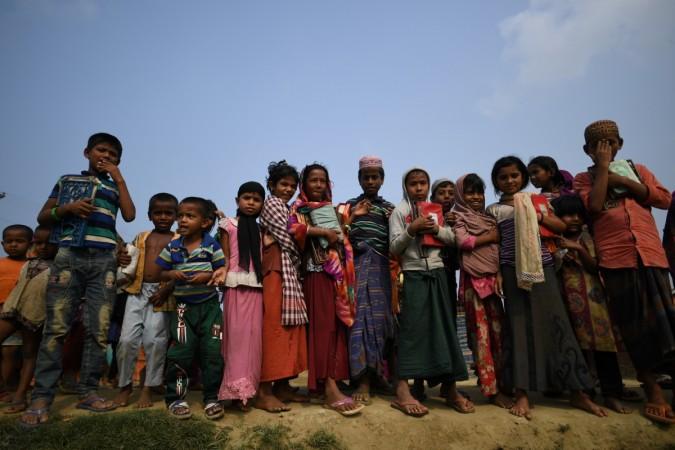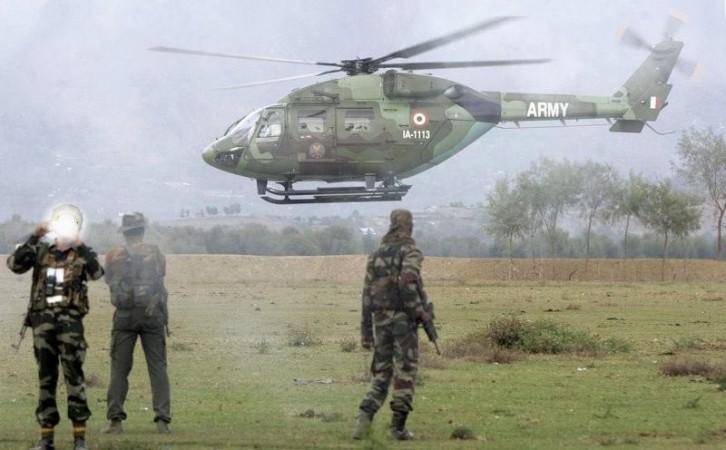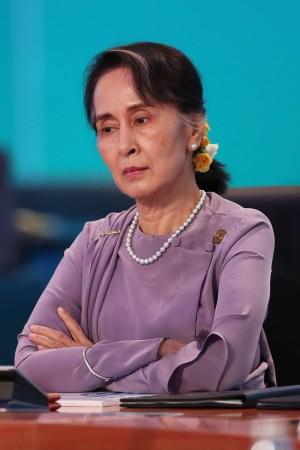Fighting a months-long legal procedure was another challenge for the 37-year-old Buddhist woman of the Rakhine ethnicity who was gang-raped by three soldiers belonging to Myanmar's powerful military regime earlier this year. But upholding a rare judgment, the military court this week awarded 20 years of imprisonment with hard labour to the culprits, trumpeting its own "transparent" investigation of the case.
According to South China Morning Post report, Thein Nu – a pseudonym given to protect the victim's identity – hopes that the sentence will give other survivours the courage to speak up and challenge the military's impunity.

Double-marginalization of Rakhine women
Women, indeed, have doubly borne the brunt of the collapsing social order, with its poverty, famine, disease and dislocation, given the gendered impact of the war and resultant humanitarian crisis. The armed conflict between the military and the Arakan Army, a militant group that recruits mainly from the Buddhist Rakhine ethnic community, has already scarred Rohingya women from fleeing violent persecution in Myanmar.
The military in Myanmar is considered to be the most powerful institution of the state, whose soldiers have long been accused by rights groups of using rape as a weapon of war in the country's conflict zones.

The crime in this case was committed in June in northern Rakhine state – the site of a nearly two-year battle between the military and the Arakan Army, which is fighting for more autonomy for the ethnic Rakhine population.
Coercion and military strategy
The woman had first filled a complaint with a police station in the state capital Sittwe against the three soldiers, accusing them of gang rape, which the military's True News Information Team denied in a July 2 statement, stating that the allegation was found to be fabricated.
But in early September, Zaw Min Tun, a spokesman for the team, informed the local media that the three soldiers admitted in a second round of interrogation that they had committed the rape.
"The military court will take action against the three soldiers under the 1959 Defense Services Act and also under civilian law," Zaw Min Tun was quoted as saying by local daily The Myanmar Times.

It was found that the victim, who is a mother of four children, was raped by three soldiers at gunpoint on June 29 during a military interrogation, while the troops were stationed overnight in the village of Oo Gar in the Rathedaung Township.
According to testimony, the soldiers further accepted that they had given the victim 20,000 Myanmar kyats (around US$ 15) and warned her not to report it to police. They also tried to rape the victim's 19-year-old daughter.
Bleakness of the victory
Thein Nu told the Post that many have already endured the same tragedy like her. "If I didn't reveal this, it could lead to many more in Rakhine (being abused)," she said but with a deep-seated taint in her voice. Despite turning the court's judgment on her side, the victim, as per reports, is neither very happy nor very sad.
"I am both happy and sad," she was quoted as saying, still in disbelief that the military tribunal ruled in her favour. However, Thein Nu still faces the glare of widespread social stigma, including from her husband who refuses to speak to her.
"I don't entirely believe this verdict will stop the rape and abuse against women in conflict areas because they (the military) are unreliable people with two faces," she said.
Rohingya genocide case at ICJ
Observers, however, have warned that it is too soon to judge whether Thein Nu's victory will be a watershed moment for the army – which ruled Myanmar until 2011 and still holds sway over many aspects of life in the country.
It has also been stated that the military's approach to deny rape claims have been outright in the past, and in some cases soldiers file defamation suits against the victim for disrupting the image of the country's military.

It should be noted that Gambia had opened the case at the ICJ against Myanmar for failing to prevent or punish acts of genocide against Rohingya Muslims in November 2019.
Earlier in January, the ICJ issued its "provisional measures" to Myanmar which required the Buddhist-majority country to prevent genocidal acts, ensure military and police forces do not commit genocidal acts, preserve all evidence of genocidal acts and report compliance with the provisional measures.
Myanmar is supposed to file the reports to the court every six months. The first one was filed in May. The country has submitted a second report to the International Court of Justice (ICJ) in compliance with its order to protect the Rohingya community late last month.
The United Nations has described Rohingya as the world's most persecuted people, who have faced heightened fear of attack since dozens were killed in communal violence in 2012.
















